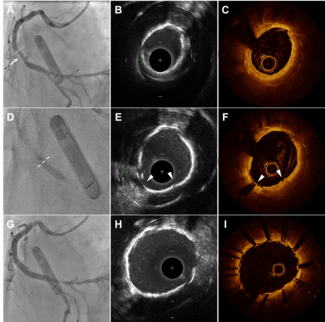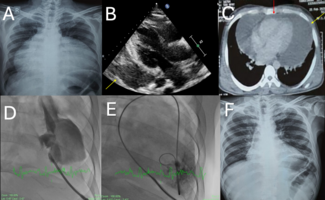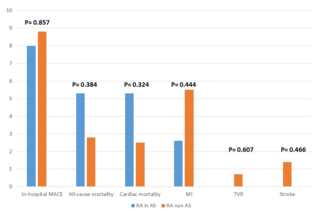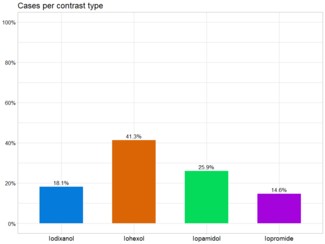Focus: Adjunctive Pharmacotherapy
Medical Director The Christ Hospital Heart & Vascular Center and The Lindner Center for Research and Education Professor of Clinical Medicine Ohio State University
___________________________________________
“If I had an enemy, I would teach him angioplasty.”
— Andreas Gruentzig, 1980
These words reflect the emotional anguish and uncertainty that accompany inflation of a fluid-filled balloon in the human coronary artery. Through much of the first two decades of percutaneous coronary intervention (PCI), the principles of adjunctive pharmacotherapy were based largely on nonrandomized, retrospective clinical experience. Abrupt coronary vessel closure which complicated 4–8% of PCI procedures, was largely unforeseeable and was associated with significant morbidity and mortality. Interventional cardiologists have witnessed a rapid evolution of PCI technology, and the role of adjunctive pharmacotherapy to improve early and late clinical outcomes following PCI has been the focus of intense interest. Many of the advances in adjunctive pharmacotherapy have been predicated on a broader understanding of the pathophysiology of arterial vessel injury during PCI. In this context, and in the face of a burgeoning evidence-base including both randomized controlled clinical trials and clinical registries, the Journal of Invasive Cardiology has compiled two separate focus issues which address multiple aspects of adjunctive pharmacotherapy.
The first focus issue represents a compilation of original articles and case reports and the second will include multiple review articles dealing specifically with platelet function and platelet inhibitor therapy by distinguished experts in the field. I hope that you find the articles and editorial commentary included in this first focus issue instructive.


















